Internal divisions will hinder provision of financial aid for Kyiv in 2024: Experts
The United States and the European Union have both failed recently to pass the aid package for Ukraine due to internal divisions, and 2024 is certain to be tougher for Ukraine, which is already in a dire economic situation, analysts said.
Ukraine would like to bridge next year's $43 billion budget deficit mostly through foreign financial aid, including 18.5 billion euros ($20.40 billion) from the EU and more than $8 billion from a U.S. package that also contains vital military assistance.
However, Ukrainian President Volodymyr Zelensky's recent visits to the U.S. and Europe haven't yielded much, as both financial aid packages met with difficulties.
In the United States, Republicans have shown hesitation in approving a funding proposal put forth by Democratic President Joe Biden, which would allocate $61.4 billion in fresh assistance to Ukraine. Attempts by lawmakers to reach a consensus on this matter were abandoned before they departed Washington for a holiday break. U.S. Senate Majority Leader Chuck Schumer said the goal is to pass an agreement in January.
Earlier this month, EU leaders reached a consensus to initiate membership negotiations with Ukraine. However, they faced challenges in reaching an agreement on a financial aid package of 50 billion euros for Kyiv due to opposition from Hungary. To resolve this issue, the EU has scheduled an extraordinary summit on Feb 1.
Li Haidong, a professor from the Institute of International Relations at China Foreign Affairs University, said the U.S. aid plan for Ukraine is facing a delay in approval, partly due to the influence of domestic public opinion. A growing number of U.S. citizens have expressed discontent or dissatisfaction regarding the aid to Ukraine.
A Gallup survey report in November said the U.S. citizens' views on the conflict have shifted, with 41 percent of them overall saying the U.S. is doing too much to help Ukraine.
Partisan struggle
Another important reason is the partisan struggle between the Democrats and Republicans. Republicans are using aid for Ukraine as leverage to demand that the White House and Democrats agree to a tougher immigration policy to deal with the influx at the southern border. With the presidential election looming, Republicans will continue to use the Ukraine issue as a tool to make the Biden administration's diplomatic policy look like a failure, he said.
Moreover, the Israel-Palestine conflict has led the U.S. to prioritize the amount of aid available to Israel first, he added.
Li said the U.S. political elites are well aware that Ukraine involves its major strategic interests, so the U.S. will continue to assist Ukraine. But next year, Ukraine will undoubtedly receive much less assistance from the U.S. than before and its situation would not be optimistic.
Tian Dewen, deputy director of the Chinese Academy of Social Sciences' Institute of Russian, Eastern European and Central Asian Studies, said the direct reason for the EU's failure to pass the aid package was the opposition from Hungary. In fact, similar to the situation in the U.S., the voice of European public skepticism about aid to Ukraine is now growing. There are also divisions within the EU, with a growing number of EU member countries opposed to providing aid to Ukraine.
In September, Poland, a steadfast ally of Ukraine since the outbreak of the Russia-Ukraine conflict, said it would focus on its own defense and stopped supplying arms to Ukraine.
In October, Slovakia's new Prime Minister Robert Fico said he "informed" the European Union's executive of his decision to stop military aid to Ukraine.
Tian said since the conflict began, European countries have followed the United States in imposing sanctions on Russia, which have also caused problems for their own economies, such as soaring energy prices. Moreover, the influx of a large number of refugees has also burdened certain countries.
For now, Ukraine urgently needs money to continue the fighting. As time passes, it would become more difficult for EU countries to coordinate financial aid packages, and Ukraine's prospects of receiving money from Europe would become dimmer, he added.
Most of the aid from Europe and the U.S. to Ukraine is used for domestic procurement of arms and other materials, which also poses a challenge to the production capacity of various countries. That is to say, even if the amount of aid provided by Europe and the U.S. to Ukraine can ultimately be implemented, short-term capacity restrictions will still limit the actual effectiveness of their aid to Ukraine, Tian added.








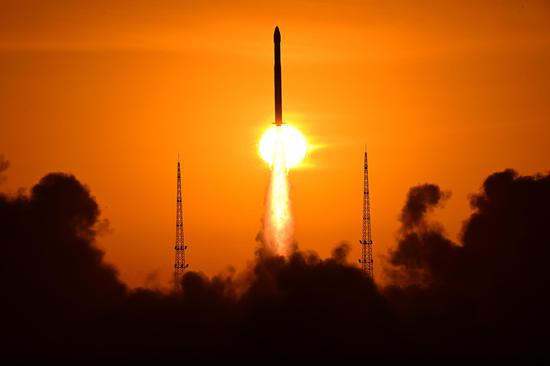

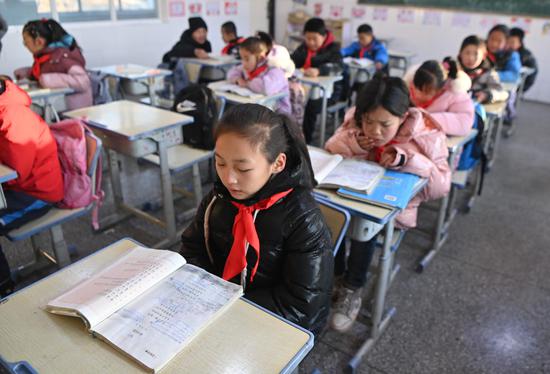




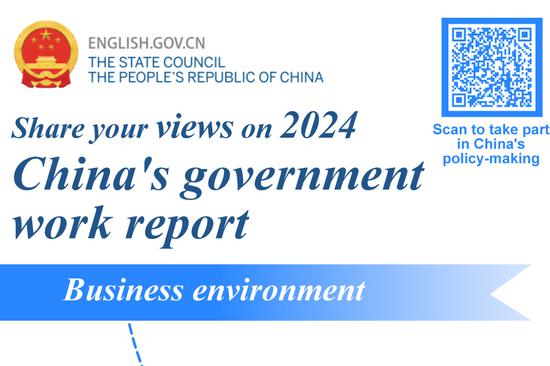
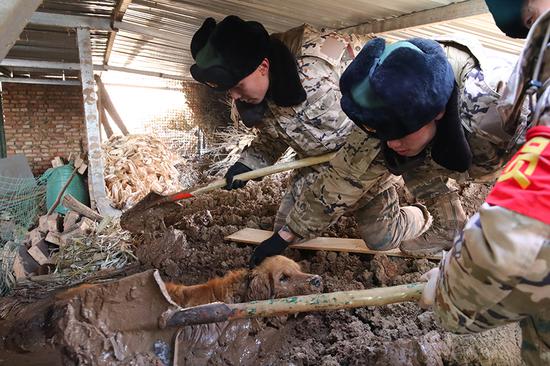
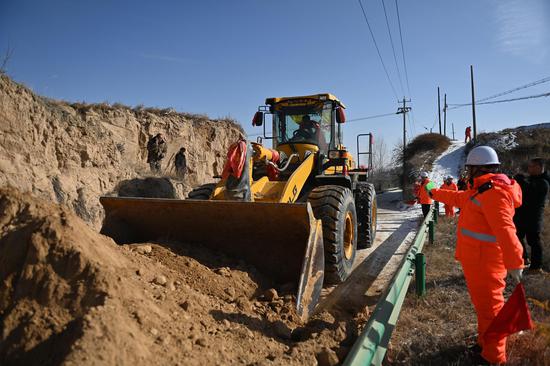

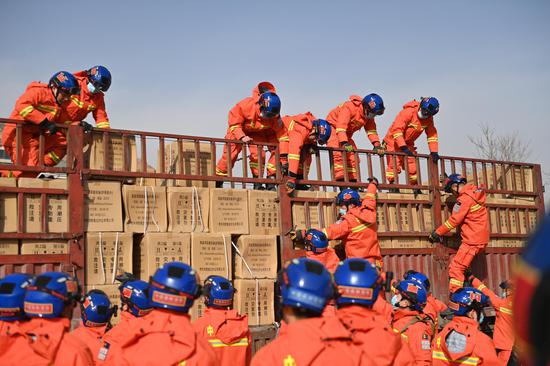




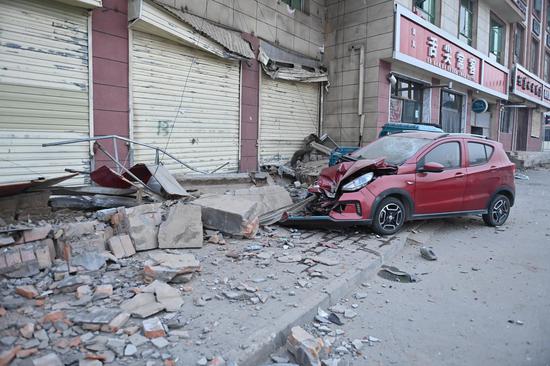



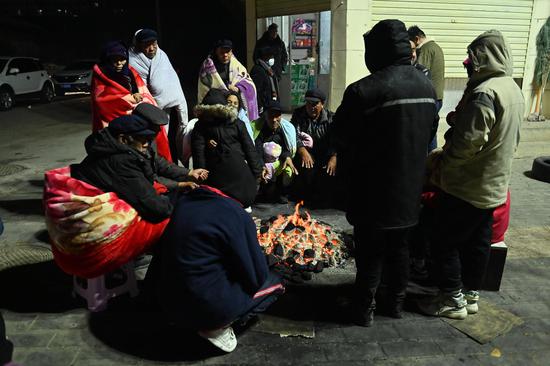

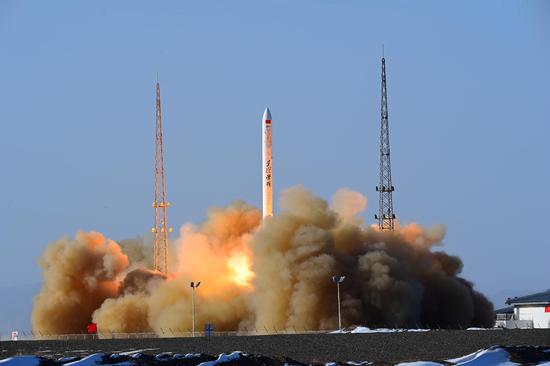

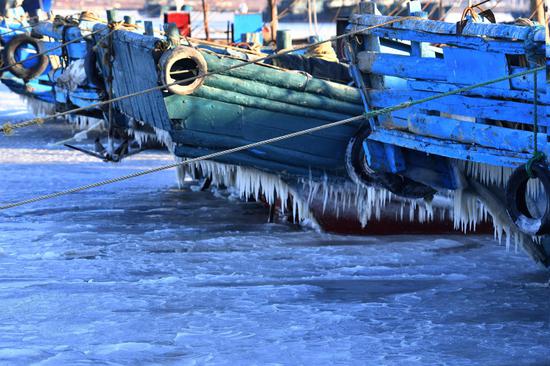

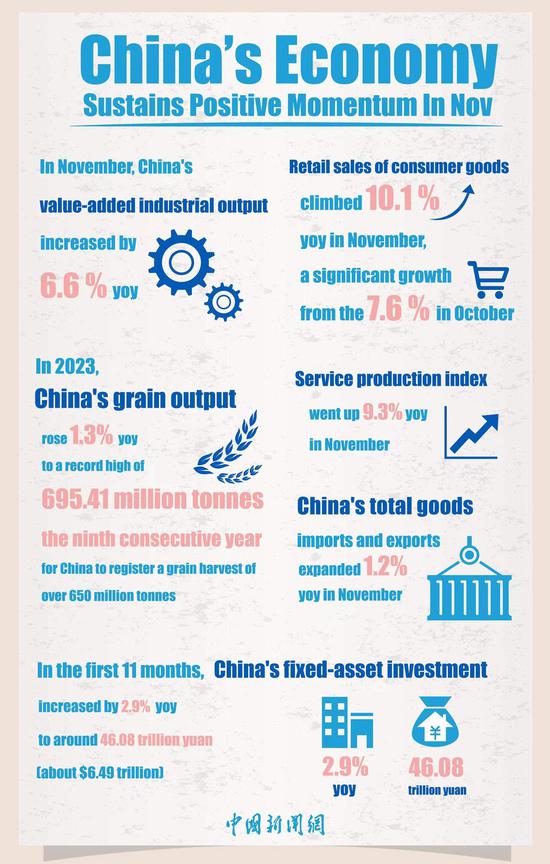






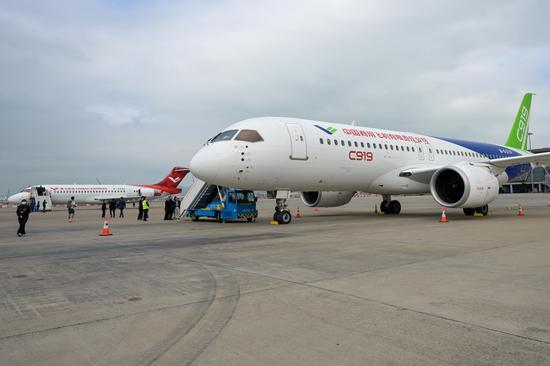


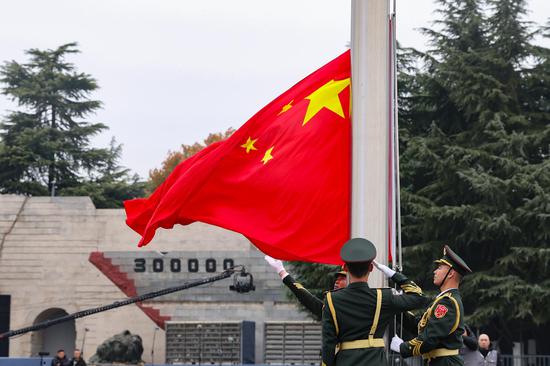





 京公网安备 11010202009201号
京公网安备 11010202009201号